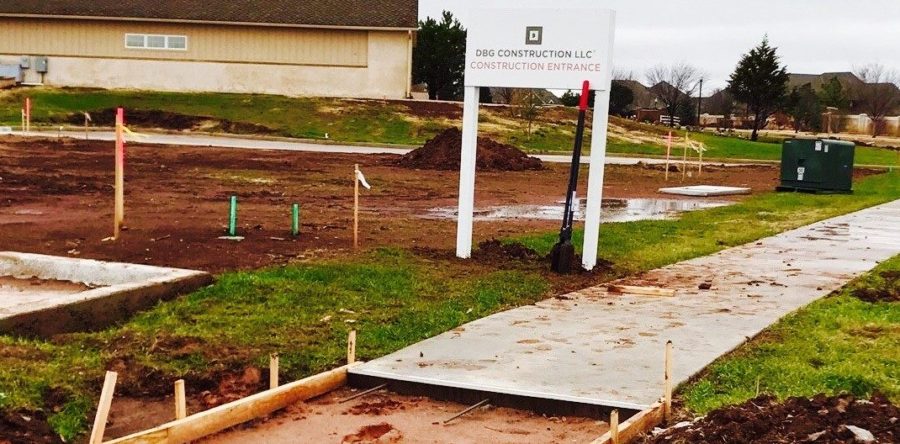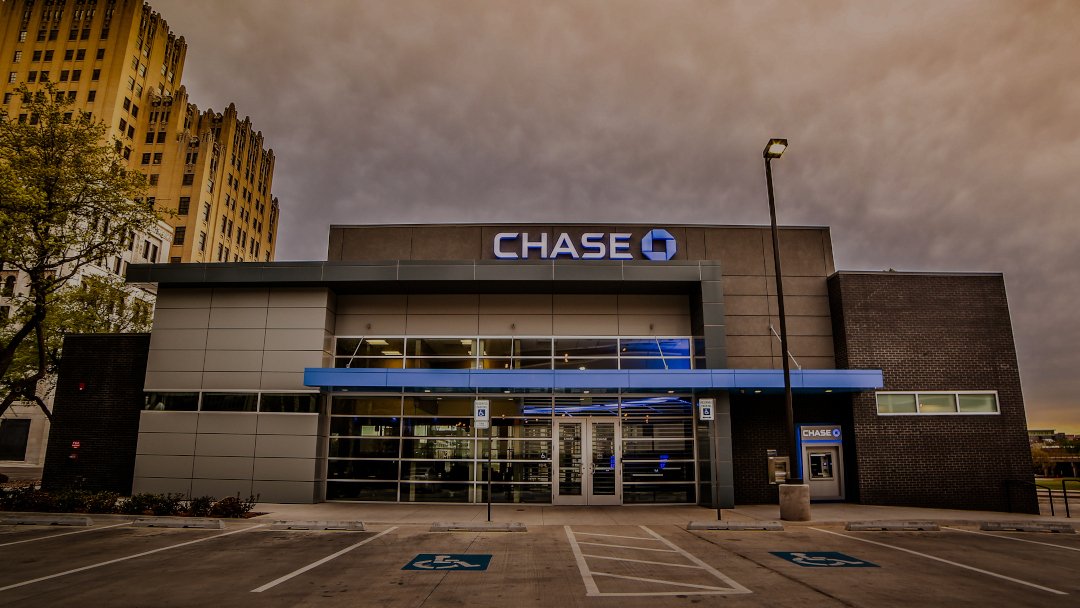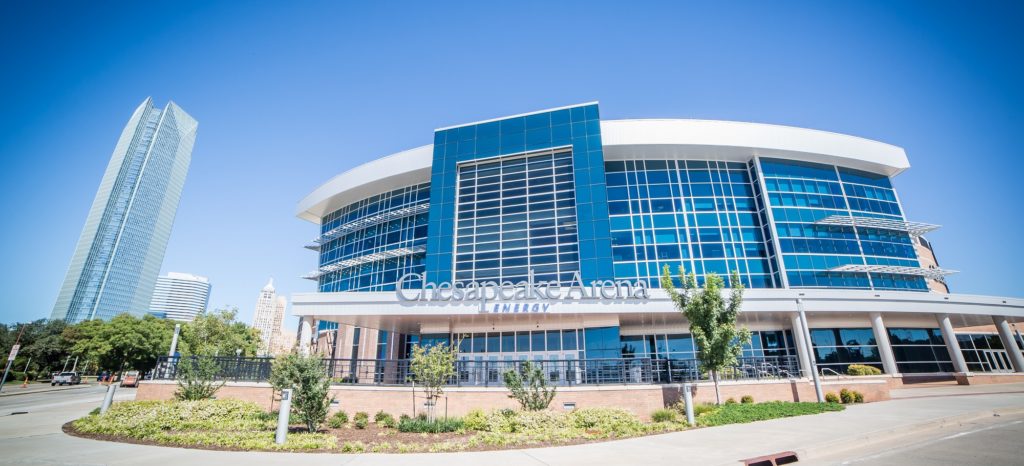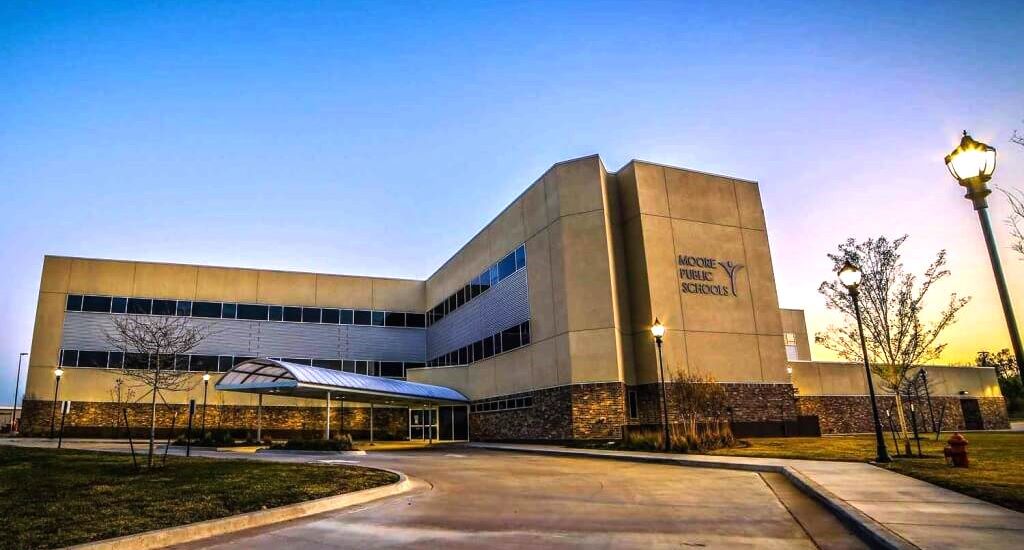Becoming an efficient and reputable general contractor takes years of hard, and often thankless, work. A General Contractor team invests years, even decades, learning the intricacies of each trade and mastering the art of project management and timely delivery. To be effective, a General Contractor needs to be proactive, engaged, and an aggressive problem-solver. They develop an extensive knowledge of building codes, OSHA safety standards, materials, fixtures, and spend thousands of hours of analyzing construction plans and specifications.
Over the past couple of month, our blogs have covered the variety of services and skills applied to different projects. The quality of these services, though ultimately determined by perseverance and commitment, is often based on a framework of challenges and lessons-learned. A successful General Contractor makes the client’s role painless, if not effortless, through meticulous coordination and adept management. While our previous posts captured the client’s viewpoint, we decided to delve into the contractor’s perspective to provide you with a full panoramic view. And, to be in tune with this week’s holiday spirit, we noted some reasons to be thankful that you don’t have to be your own general contractor.
Reasons to be thankful for a General Contractor
General Contractors craft quality subcontractor teams.
General contractors spend years developing a through and excellent rapport with local subcontractors.
Not only does a General Contractor have the network to develop these relationships, but they also provide a unique incentive: the promise of more work and future projects! This exclusive dynamic produces an incentive for subcontractors to offer better pricing and provide superior quality.
Imagine the time and effort required to put forth researching, calling, obtaining bids and checking references for over a dozen and a half different trades.
A proactive General Contractor already has the best tradesmen on speed dial and is ready to coordinate the best team for your project.
“Of all the things I’ve done, the most vital is coordinating the talents of those who work for us and pointing them toward a goal.” – Walt Disney
General Contractors design a comprehensive schedule.
Ask any subcontractor who’s participated in a disorganized project: There’s nothing worse than attempting to perform work while in a crowded space or on a crowded construction site.
Electricians trying to wire walls before the framers have left the room, ladders overlapping, tripping over the extension cords of five different trades all crammed in one spot. Nescient scheduling is not only unsafe, but it’s also counterproductive.
An experienced General Contractor understands the best order of operation and will save everyone the headaches, hazards and the cost inefficiency that are the inevitable result of a poorly-timed and mismanaged schedule. A poorly handled schedule means a poorly handled project. This is why DBG has a full-time in-house scheduler.
“Time is the scarcest resource; unless it is managed well, nothing else can be managed.” – Peter Drucker
General Contractors coordinate all of the communications.
Most people do not have the time or patience to deal with the endless stream of busy work involved in a construction project.
There is a reason that managing a project is a full-time job: it starts with securing permits and then quickly spirals into a typhoon of invoices, phone calls, emails, change orders, budgets, material orders, meetings, walk-throughs, inspections, punch lists, and writing checks (to name a few).
Good news, though! Your General Contractor takes care of it all.
An exemplary General Contractor also commits a part of their time to updating clients on a daily, weekly, or bi-weekly basis. Depending on the project size, a General Contractor is usually regulating hundreds of communication streams between suppliers, subcontractors, and architects to make sure your project is completed promptly, safely, and cost-effectively.
“Being a project manager is like being an artist, you have the different colored process streams combining into a work of art.” – Greg Cimmarrusti
General Contractors assume the majority of the risk.
Acting as your own general contractor means you assume all the risks associated with construction: financial risk, safety risk, and quality risk – all of which require constant scrutiny and evaluation during your project.
Even with the most meticulous General Contractor at the helm, no job goes perfectly smooth for the entire duration. Complications happen with every project; it’s simply the chaotic nature of orchestrating an immense volume of manpower and material all at once.
One of the many advantages of having a General Contractor is their experience with proactive contingency planning and aggressive problem-solving. When it comes to construction difficulties, they already have the experience, resources, and network to keep your project moving forward.
“Quality is never an accident; it is always the result of high intention, sincere effort, intelligent direction and skillful execution; it represents the wise choice of many alternatives.” – William A. Foster
With DBG Construction, you can rest assured that your project is in experienced and diligent hands. You’ll appreciate the peace of mind you gain from our consistent communication and quality performance. As with all of our clients, you’ll be grateful that you didn’t have to tackle your project on your own.




